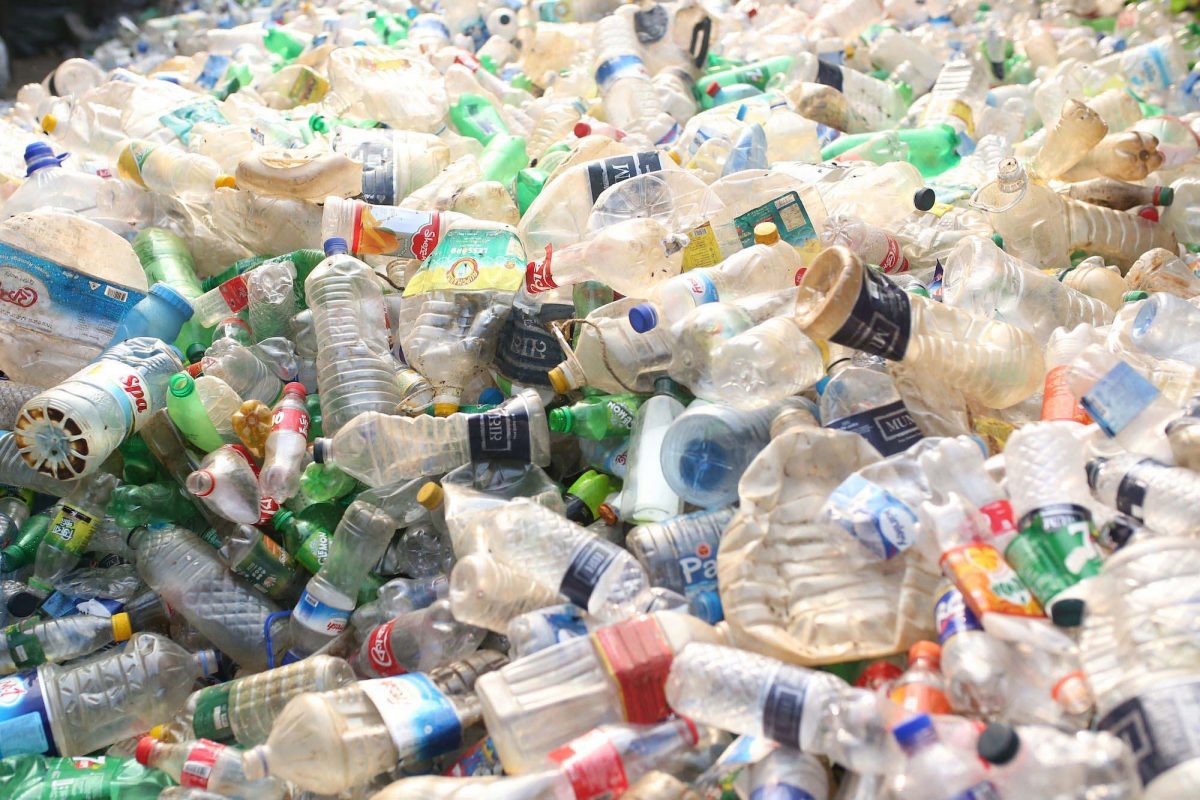With plastics pollution and its multi-faceted consequences having long emerged as a major global environmental challenge, a new United Nations Environmental Programme (UNEP) assessment is now pointing to the likelihood of the problem becoming twice as bad in less than a decade.
Worryingly, the report says that the dramatic worsening of the global plastics pollution problem is certain to impact directly and significantly on global human health, the international economy, biodiversity, and climate, issues which in themselves, are regarded as major stand-alone concerns.
Significantly, UNEP has infused into its recommendations to help reduce the problem, a global accelerated transition from fossil fuel recovery to renewable energies. The UNEP report, titled “From Pollution to Solution: A Global Assessment of Marine Litter and Plastic Pollution”, asserts that the unchecked proliferation of plastic waste presents an ever-mounting threat across all ecosystems, from source to sea. Global pushback against the indiscriminate disposal of plastics has had to contend with the increasing deployment of material like disposable packaging in the international commercial sector. Simultaneously, efforts by individual countries to reduce the levels of plastic waste and the consequential indiscriminate dumping has been pushed back by the role that plastics play in a continually expanding global economy.
Ironically, UNEP appears insistent that there is the know-how to reverse the mounting plastics crisis, placing the blame for its continual worsening on what it says is a lack of political will to treat the problem as a global emergency.
Significantly, coming as it does on the eve of the high-profile United Nations Climate Conference (COP26) in Scotland, the report presents the plastics problem as part of the wider climate challenge.
In seeking to present the problem of the greenhouse gas effects from plastics, the report notes that in 2015 those emissions mounted to 1.7 gigatonnes (a unit of explosive power) of CO2; by 2020, the report says further, emissions are projected to increase to around 6.5 gigatonnes. “That number reportedly represents around 15% of the global carbon budget, that is, the amount of greenhouse gas that can be emitted whilst keeping global warming within the limits of the goals set out in the Paris Agreement, the December 2015 legally binding international treaty on climate change that seeks to limit global warming to well below 2, degrees Celsius, compared to pre-industrial levels.”
Whilst a number of developing countries have, to varying degrees, been exploring the option of recycling as a means of checking the proliferation of plastics, the recent UNEP report unambiguously asserts that recycling is not enough. Addressing possible solutions to the problem, the authors pour cold water on the chances of recycling our way out of the plastic pollution crisis. The report also cautions against other potentially “damaging alternatives” including bio-based or biodegradable plastics, which currently pose a threat similar to conventional plastics. Rather, it calls for the immediate reduction in plastic production and consumption across the global value chain. Additionally, it seeks investments in more robust and effective monitoring systems to identify the sources, scale and fate of plastic, adding that a shift to safe alternatives has become necessary.






